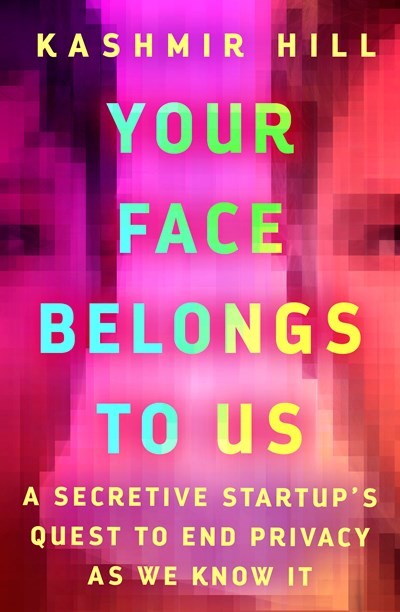2018 School Spending Survey Report
Your Face Belongs to Us: A Secretive Startup’s Quest To End Privacy as We Know It
COPY ISBN
 New York Times reporter Hill got a tip in November 2019 about Clearview AI, which claimed its revolutionary facial recognition app could identify people and their information—name, home address, names of family members, and more—simply by scanning a snapshot of their face. This book exposes the reality and reach of the app, which has a database growing at a rate of 75 million images per day. Initially restricted to an exclusive client base of eager law enforcement agencies, Clearview has the power to track people too, reporting who was where, when, with whom, and doing what. The book notes that the app raises prospects about not only governmental, Big Brother-type, omnipresent surveillance but also predatory or prurient peeping and stalking. Readers will learn how the app threatens that elusive but prized personal sense of being free from intrusion, and it promotes a culture of justified suspicion about when or where anyone can have a reasonable expectation of privacy. The author calls for accountability from people who control a runaway technology that can wield great power over society.
New York Times reporter Hill got a tip in November 2019 about Clearview AI, which claimed its revolutionary facial recognition app could identify people and their information—name, home address, names of family members, and more—simply by scanning a snapshot of their face. This book exposes the reality and reach of the app, which has a database growing at a rate of 75 million images per day. Initially restricted to an exclusive client base of eager law enforcement agencies, Clearview has the power to track people too, reporting who was where, when, with whom, and doing what. The book notes that the app raises prospects about not only governmental, Big Brother-type, omnipresent surveillance but also predatory or prurient peeping and stalking. Readers will learn how the app threatens that elusive but prized personal sense of being free from intrusion, and it promotes a culture of justified suspicion about when or where anyone can have a reasonable expectation of privacy. The author calls for accountability from people who control a runaway technology that can wield great power over society.
VERDICT This prime example of exemplary investigative reporting spotlights the hazards of unregulated big data mining.
RELATED
ALREADY A SUBSCRIBER? LOG IN
We are currently offering this content for free. Sign up now to activate your personal profile, where you can save articles for future viewing




Comment Policy:
Comment should not be empty !!!